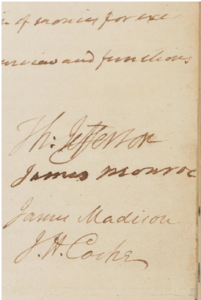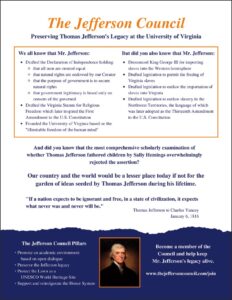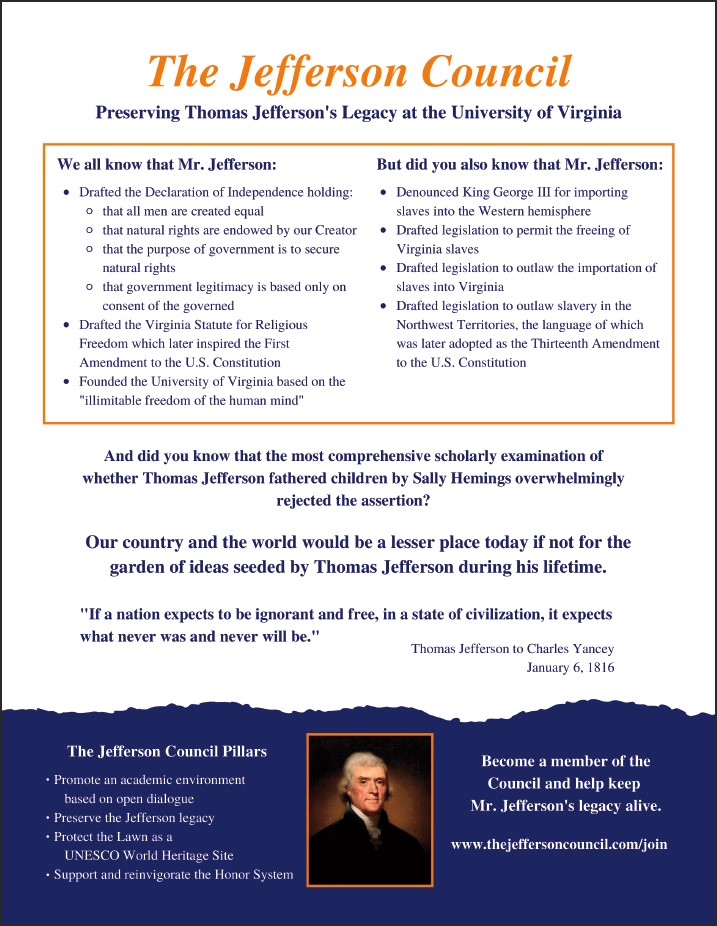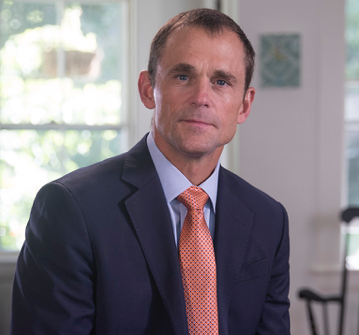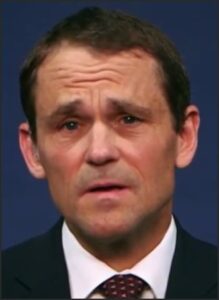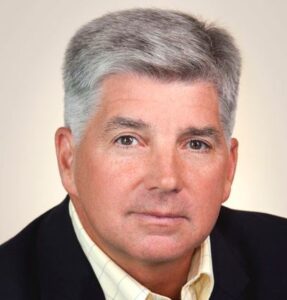by James C. Sherlock
Virginia’s state-funded colleges and universities are too expensive. Tuitions are the headline numbers. But student fees and food and housing costs are as important to the budgets of families and individual students as tuition.
Costs within the college system have gone up because of a general lack of management systems and data to support oversight. They are going up further because of inflation in the economy.
Demand is going to plummet starting in 2025 as the “demographic cliff” of a 15 % drop in freshman prospects approaches due to the decline in birth rate in the 2008 recession that lasted for years thereafter. The missing babies from 2008 would have begun entering college in 2025.
Not a rosy scenario for the colleges. They all talk about it a great deal internally. Some will have to get smaller to maintain student quality admissions standards or, alternately, lower those standards along with those of the programs of instruction. Continue reading


